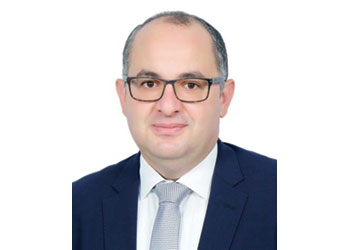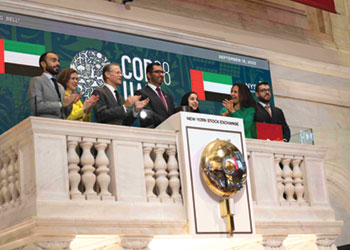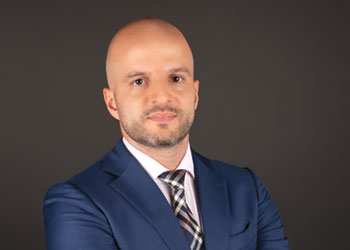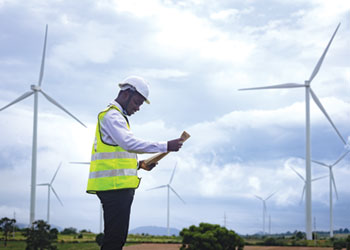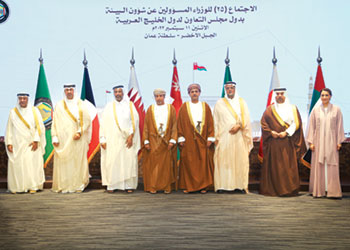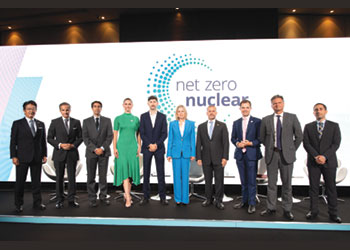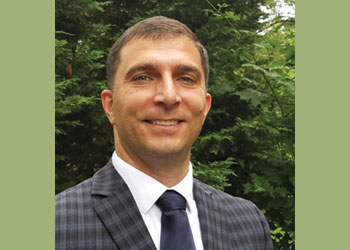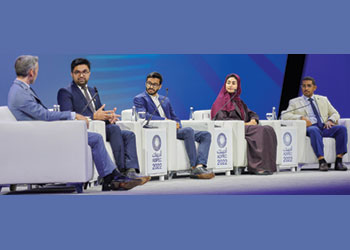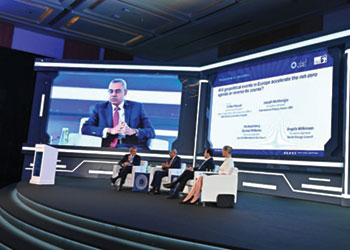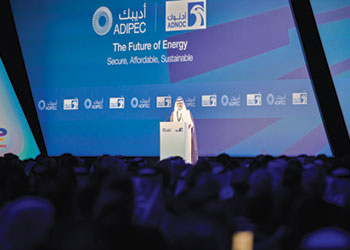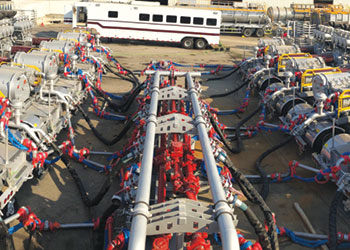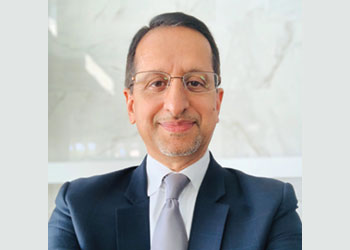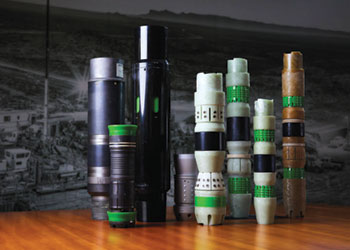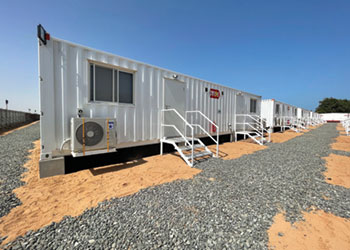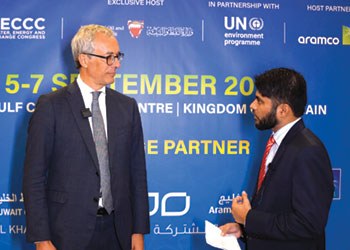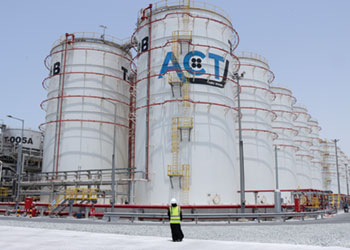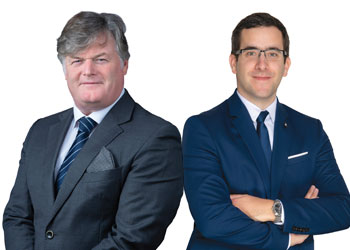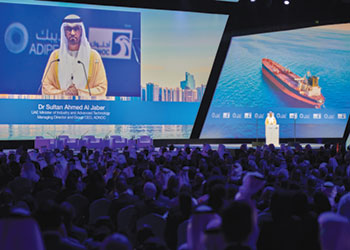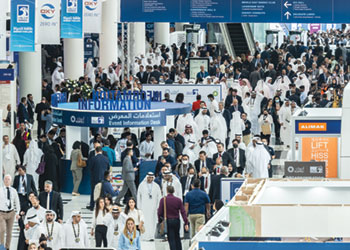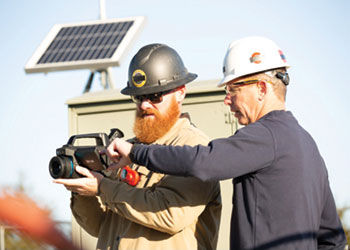
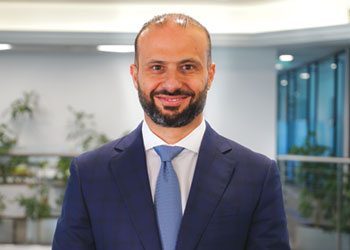 Ibrahim ... collaboration focus
Ibrahim ... collaboration focus
The energy sector’s transition journey is not devoid of challenges. These challenges are related to financing, technology readiness, speed of deployment, uncertainty in the need to adopt these technologies, and increasing the dependency in clean energy.
To address these and the challenge of the energy trilemma of security, availability, and sustainability, companies like Baker Hughes emphasise on continuing collaboration with customers and partners in the UAE and beyond.
"As an energy technology company our core mission is to deliver the highest efficiency solutions today and accelerate the path to net-zero," Zaher Ibrahim, Vice-President, Europe, Middle East, & Africa, Baker Hughes, tells OGN.
He sets forth three key areas to focus on to overcome these challenges.
• First, given the industry's changing landscape and the pressing challenges of climate change, the deployment of current technology and development of future technology must be accelerated to meet the Paris Agreement goals.
Ibrahim says: "It is important to prioritise investing in and deploying technologies like hydrogen, CCUS (carbon capture, utilisation, and storage), emissions abatement, and geothermal energy. These solutions will contribute to energy availability and sustainability, hence tackling climate change."
• Second, he says, there is no one climate saviour and references conventional energy: "Hydrocarbons will remain an essential part for achieving energy security and availability, and reliance on them will not disappear. So efficiency and lowering emissions matter today more than ever."
Here comes the need to leverage existing technologies to enhance efficiency, productivity, and emission reduction in the sector.
This encompasses solutions like remote operations and AI, which have been proven effective.
Major regional NOCs such as Adnoc are expanding their production capacity, and these established technologies can help them achieve their targets.
• Third, there is no path to net-zero without partnerships, integrated thinking, and common sustainability standards. "Collaboration is key," says Ibrahim.
He says all stakeholders, including technology providers like Baker Hughes, IOCs, NOCs, policymakers, and service providers share the common objective of achieving net-zero by 2050.
And thus, collective effort is necessary to make this vision a reality. "Partnership and collaboration have always been foundational in our industry, and they are even more critical now," says Ibrahim.
A theme cutting across all three pillars that is unique to the Middle East is localisation. There is no reason why technologies cannot be localised and solutions cannot be co-developed here in the region to serve the world.
For example, in May 2023, Baker Hughes signed a collaboration agreement with Adnoc to accelerate the development and commercialisation of technology solutions for green and low-carbon hydrogen, as well as graphene.
Furthermore, the upcoming COP28 in the UAE will be a critical moment in global transformative climate action bringing together key stakeholders for meaningful dialogues that help address climate change.
"We are looking forward to it being platform to continue meaningful discussions and explore collaboration opportunities with our customers and partners across the globe to drive energy security, sustainability, and affordability," concludes Ibrahim.



















































































